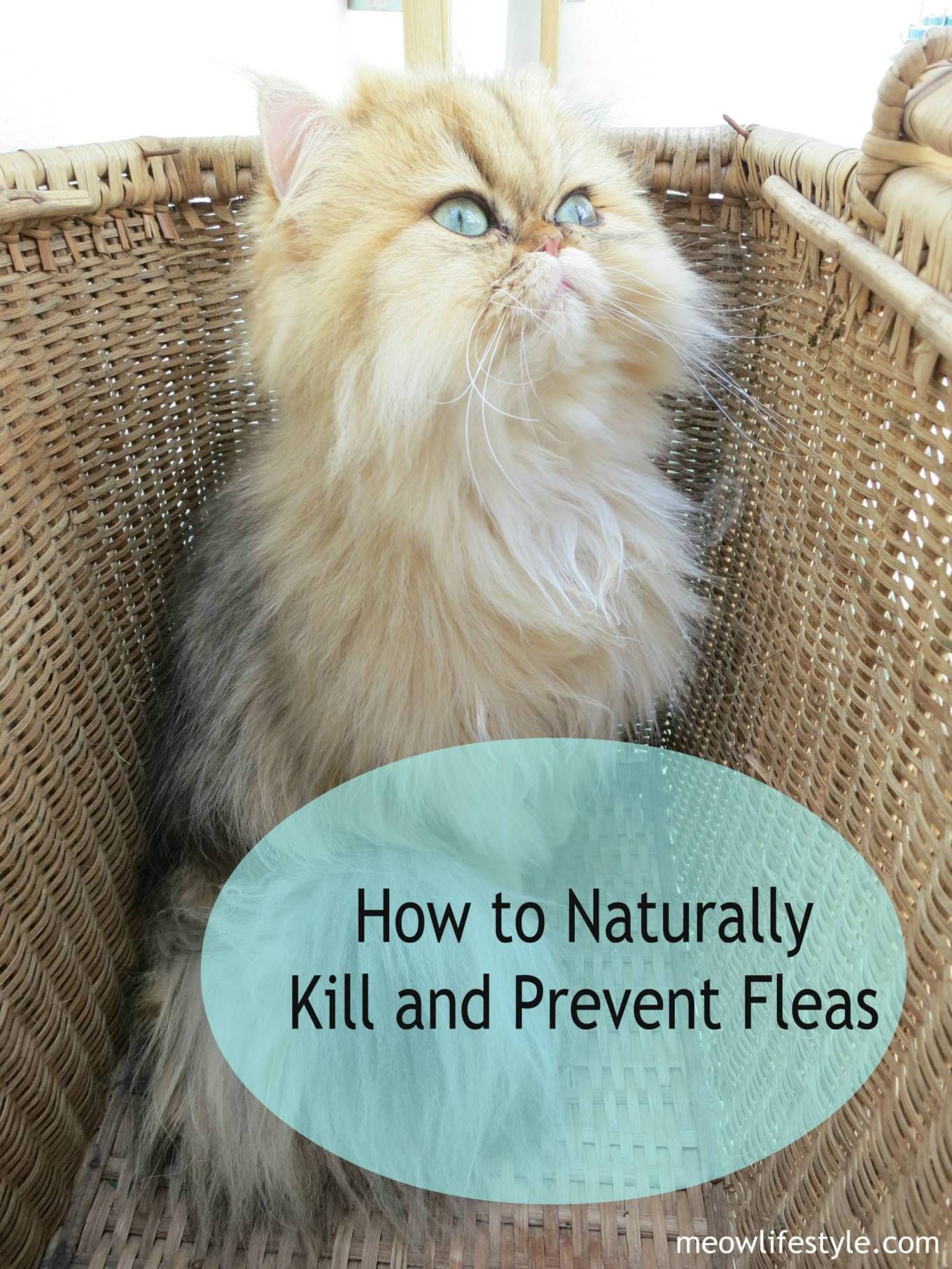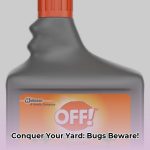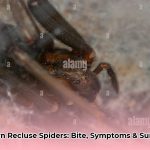Does your precious kitty have a cold and feeling down? This guide provides natural home remedies to help your furry friend feel better. From turning on the humidifier to adding vitamin C to their food, we’ve got you covered. These tips will help you ease your kitty’s discomfort and get them back to their playful selves in no time.
Cat Colds Home Remedies: Helping Your Furry Friend Feel Better
Cats are susceptible to colds just like humans. While a trip to the vet is recommended for persistent or severe symptoms, several home remedies can provide relief for your cat’s cold symptoms.
1. Steam Therapy for Nasal Congestion
Just like a hot shower can work wonders for a stuffy nose in humans, steam can provide similar relief for cats. The warm, moist air helps to:
- Loosen mucus buildup
- Reduce inflammation in the nasal passages
- Promote easier breathing
To administer steam therapy:
- Run a hot shower in your bathroom with the door closed.
- Allow your cat to stay in the steam-filled room for 10-15 minutes.
- Repeat this process several times a day.
2. Vitamin C as an Immune Booster
Vitamin C is crucial for a healthy immune system. It helps the body fight off infections, including those causing cat colds.
To give your cat a vitamin C boost:
- Crush a vitamin C tablet specifically designed for cats (available at most pet stores).
- Dissolve the crushed tablet in warm water.
- Add the solution to your cat’s food 1-2 times per day.
Important Note: Consult your veterinarian for the correct dosage of vitamin C based on your cat’s weight and health status.
3. Lysine’s Antiviral Properties
Lysine is an amino acid that has shown antiviral properties. It is believed to help prevent the replication of viruses, including those responsible for cat colds.
You can supplement your cat’s diet with lysine in the following ways:
- Lysine powder: Available at pet stores, you can sprinkle lysine powder onto your cat’s food.
- Lysine supplements: Your veterinarian can recommend the appropriate lysine supplement and dosage for your cat.
4. Natural Remedies for Nasal Discharge
Nasal discharge is a common symptom of cat colds. Two natural remedies can help clear your cat’s stuffy nose:
- Apple Cider Vinegar: Dilute apple cider vinegar with water (one part vinegar to three parts water), dip a cotton ball into the solution, and gently wipe around your cat’s nostrils.
- Saline Solution: You can purchase a pet-safe nasal saline solution or make your own by mixing ¼ teaspoon of salt with one cup of warm water. Using a dropper, carefully administer a couple of drops into each nostril.
Important: These remedies can be helpful, but it’s important to monitor your cat closely. If symptoms worsen or persist despite home care, contact your veterinarian.
Additional Home Care Tips
In addition to the remedies mentioned above, the following tips can help your cat feel better:
- Stay Hydrated: Encourage your cat to drink plenty of water to thin mucus and prevent dehydration.
- Rest is Key: Provide a comfortable and quiet place for your cat to rest and recuperate.
- Keep ‘Em Warm: Ensure your cat stays warm by providing extra blankets or a heating pad set on low.
- Monitor for Changes: Pay close attention to your cat’s symptoms. If they worsen or show no improvement after a few days, schedule a visit with your veterinarian.
What are the Symptoms of a Cat Cold?
Cats can experience colds much like humans. Recognizing the signs of a cat cold can help you provide the right care and determine if a vet visit is necessary.
Common symptoms of a cat cold include:
- Sneezing and Sniffling: Frequent sneezing and a runny nose are classic signs of a cat cold. You might notice clear or slightly colored discharge from their nose.
- A Drippy Nose: Monitor the discharge from your cat’s nose. Clear discharge is typical, while thick, yellow-green discharge could signal a bacterial infection requiring veterinary attention.
- Goopy Eyes: Cat colds can cause watery or discharge-filled eyes. While watery eyes are common, pus-like or excessive discharge warrants a vet visit.
- Trouble Breathing: If your cat shows signs of labored breathing, such as coughing, wheezing, or struggling to breathe, seek immediate veterinary care, as this could indicate a more serious condition.
- Feeling Blah: Cats with colds might exhibit lethargy, decreased appetite, and reduced playfulness.
Key Takeaways:
- Sneezing, a runny nose, and watery eyes are common symptoms of a cat cold.
- Labored breathing or excessive lethargy necessitate a trip to the vet.
- Promptly address any concerning symptoms to ensure your cat receives timely care.
How to Diagnose a Cat Cold at Home?
If you suspect your cat might have a cold, you can perform a preliminary assessment at home before contacting your veterinarian.
Here’s a step-by-step guide:
1. Observe Your Cat’s Behavior:
- Sneezing: Is your cat sneezing more frequently than usual?
- Energy Levels: Have you noticed a decline in their energy or playfulness?
- Breathing: Are they breathing comfortably?
2. Check for Nasal Discharge:
- Gently examine your cat’s nose.
- Note the color and consistency of any discharge.
- Clear discharge is common with colds, while thick, yellow-green discharge suggests a potential infection.
3. Examine Their Eyes:
- Gently hold your cat’s face to examine their eyes.
- Look for any discharge.
- Watery eyes are typical, while pus-like discharge or redness signals a possible infection.
4. Listen to Their Breathing:
- Pay close attention to your cat’s breathing sounds.
- Labored breathing, wheezing, or crackling noises require urgent veterinary attention.
5. Assess Appetite and Thirst:
- Monitor your cat’s eating and drinking habits.
- Decreased appetite and thirst are common signs of illness.
6. Consider Environmental Factors:
- Has the weather changed significantly recently?
- Have you introduced new plants, cleaning products, or other potential allergens into your home?
Important: While these steps can help you assess your cat’s condition at home, always consult your veterinarian if you are concerned or if symptoms persist or worsen.
Effective Home Remedies for Cat Cold Relief
Dealing with a sniffly kitty can be worrisome, but many safe and effective home remedies can alleviate their symptoms and support their recovery.
Let’s explore some ways to provide comfort and relief:
1. Humidify the Air:
Dry air can worsen your cat’s congestion. Using a humidifier in the room where your cat spends most of their time can help:
- Add moisture to the air
- Thin the mucus, making it easier to clear
- Soothe irritated nasal passages
2. Vitamin C Boost:
Strengthen your cat’s immune system by providing them with Vitamin C.
- Dosage: Consult your veterinarian for the appropriate dosage based on your cat’s weight.
- Administration: Crush a vitamin C tablet and dissolve it in their water or mix it with wet food.
3. Lysine: A Natural Defense:
Lysine is an amino acid that potentially inhibits viral replication, helping to combat the virus causing the cold.
- Source: You can find lysine powder or supplements at most pet stores.
- Dosage: Follow the instructions on the product label or consult your vet for the correct dosage.
4. Gentle Nasal Cleansing:
Help your cat breathe easier by keeping their nose clear of discharge.
- Saline Solution: Use a pet-safe saline solution or prepare a homemade solution (¼ teaspoon of salt in one cup of warm water).
- Application: Use a dropper to carefully put a few drops of saline into each nostril.
5. Maintain Optimal Hydration:
- Ensure your cat has access to fresh, clean water.
- Consider offering them low-sodium chicken or bone broth (warmed) for added flavor and electrolytes.
6. Create a Cozy Haven:
- Provide a comfortable and warm spot for your cat to rest and recover.
- Consider a heated pet bed, a pile of soft blankets, or a quiet corner away from drafts.
Additional Tips:
- Vapor Rub (Pet-Safe): Use a pet-safe vaporizer with a few drops of eucalyptus or menthol oil to help open up their airways.
- Consult Your Veterinarian: If your cat’s symptoms persist, worsen, or you have concerns, don’t hesitate to contact your veterinarian for guidance and treatment.
Remember: These home remedies are intended to provide comfort and support. They are not a substitute for professional veterinary advice.
By following these tips, you can provide your feline friend with the care and support they need to recover from a cold.
Internal Links In Context:
Looking for inspiration for your living spaces? Check out these house designs in Nigeria. You might find the perfect design for your needs!
Dreaming of a spacious family home? Explore these detailed 4-bedroom bungalow plans in Nigeria.
Curious about the average size of a 3-bedroom house? Discover the answer here: what size is the average 3-bedroom house.
Seeking architectural inspiration from different cultures? Explore the beauty and functionality of Nepali home design.
- Burning Plastic Smell in House: Causes, Solutions, and Safety Measures - April 8, 2025
- Best Bug Killer for Yard: Effective Pest Control Guide (2024) - April 8, 2025
- Brown Recluse Spider Bites: Identification, Treatment, and Prevention - April 8, 2025










